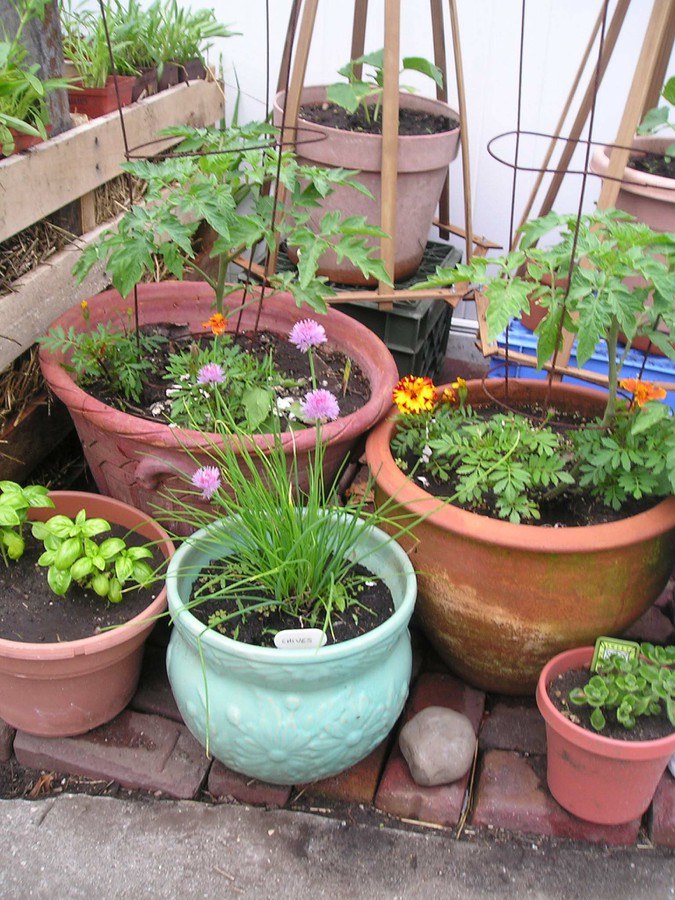The Garden Hotline is a free service offered through the Penn State Extension office to help Beaver County residents with questions and concerns about flowers, vegetables, trees, shrubs, lawns, household insect and animal pests, and more.

Let us help with your gardening questions.
Master Gardeners answer questions on a variety of topics including growing vegetables, fruits, ornamentals, turfgrass, plant identification, pruning, and insect and disease problems. Advice encourages the use of integrated pest management and environmentally sound practices.
Master Gardeners are now available in-person at the Extension Office on Mondays, Tuesdays, and Thursdays from 1:00-3:00 PM. Otherwise, we are happy to respond to inquiries by email and phone.
Our new office is located on the campus of Penn State Beaver in the Ross Administration Building on the ground floor.
If you have a computer:
- Email your plant and/or insect questions to beavermg@psu.edu.
- Attach clear digital photos, if possible, of the specimens in question to assist with the diagnosis (under 1 MB each).
- A daytime phone number where you can be reached is helpful.
- Email is the fastest and easiest way for our hotline volunteers to assist you.
If you do not have a computer:
- Call the Garden Hotline at 724-371-2062 to provide a detailed description of your question and any control measures you may have used as well as a daytime phone number where you can be reached.
OR - Bring a plant and/or insect sample to the office to discuss during Master Gardener hotline hours (Monday, Tuesday, and Thursday from 1-3 PM) or drop off samples during our regular business hours of Tuesday through Thursday, 8 AM - 4 PM. If Master Gardeners are not in, office staff will take photos of the specimens, ask you to complete a short specimen info form, and submit all to the hotline email for follow up.
Please follow the specimen guidelines below:
- Plants: Select fresh plant samples with intact parts including flowers, if present, showing both healthy and unhealthy growth.
- Insects: Enclose live insect specimens (and infested plants) in an airtight container or zip-top bag. If you cannot keep the insect alive, either place it in a jar with a small amount of rubbing alcohol or freeze it (no alcohol) for several days to preserve the specimen.

